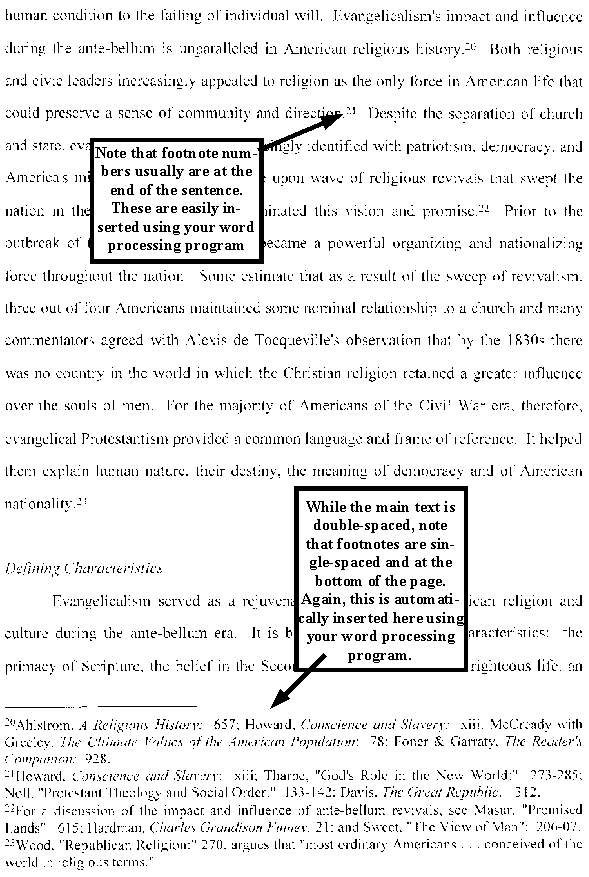

Outside academe, ideas are considered intellectual property and there can serious repercussions if you fail to cite where you got an idea from.Properly citing information not unique to you prevents your reputation from being tarnished if the facts or ideas of others are proven to be inaccurate or off-base. Ju st as other researcher's ideas can bolster your arguments and act as evidence for your ideas, they can also detract from your credibility if they are found to be mistaken or fabricated.In many cases, another researcher's arguments can act as the primary context from which you can emphasize a different viewpoint or to clarify the importance of what you are proposing. Other researcher's ideas can be used to reinforce your arguments, or, if you disagree with them, can act as positions from which to argue an alternative viewpoint.This increases your credibility as the author of the work. Citing other people's words and ideas indicates that you have conducted thorough review of the literature on your topic and, therefore, you are operating from an informed perspective.In some disciplines, one of the most effective strategies for locating authoritative, relevant sources is to follow footnotes or references from known sources. Citations to other sources helps readers expand their knowledge on a topic.

Proper citation allows others to locate the materials you used.

Properly citing the works of others is important because:


 0 kommentar(er)
0 kommentar(er)
